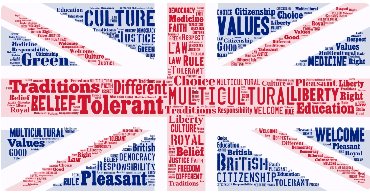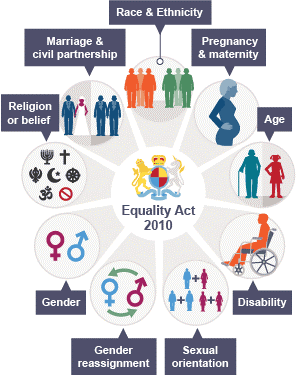British Values and Equality
As directed under new Ofsted guidance in September 2014, we at Woodlands Infant and Nursery School take opportunities to actively promote British Values, defined by the government as the following:
– Democracy
– The rule of law
– Individual liberty
– Mutual respect
– Tolerance of those of different faiths and beliefs
Actively promoting also means challenging pupils, staff or parents expressing opinions contrary to fundamental British values, including ‘extremist’ views. At Woodlands Infant and Nursery School, values of tolerance and respect permeate all areas of school life. This engenders a climate within which pupils feel safe and secure and facilitates the fulfilment of potential. Pupil voice plays an integral part in driving the school forward and school rules at different levels are seen as the foundation upon which this can be achieved. The following are a selection of activities and external accreditations that are evidence of our commitment to British values.

A broad and balanced curriculum that teaches elements of democracy, civic responsibility, rules and laws, the monarchy, equality, values and virtues, environmental awareness and understanding of other faiths.
Visits to different places of worship as part of the RE curriculum.
Positive behaviour policy which encourages tolerance and mutual respect.
We encourage children to ask questions and discuss their views openly. During these sessions, teachers can challenge children to think more deeply about issues relating to fundamental British Values.
Children are taught about rights, respects and responsibilities. At the beginning of each year, children work together to write a ‘Class Charter’ to set out the rights and responsibilities which they have in the classroom.
British Values
Equality and Diversity
At Woodlands Infant and Nursery School, we are committed to ensuring equality of education and opportunity for all pupils, staff, parents and carers, irrespective of race, gender, disability, belief, religion or socio-economic background.

In order to further support pupils, raise standards and ensure inclusive teaching, we have set the following objectives:-
Principle 1: All members of the school community, learners and potential learners, and their parents and carers, are of equal value.
Principle 2: We recognise and respect difference.
Treating people equally does not necessarily involve treating them all the same. Our policies, procedures and activities must not discriminate but must nevertheless take account of differences of life-experience, outlook and background, and in the kinds of barrier and disadvantage which people may face, in relation to:
- disability, so that reasonable adjustments are made,
- ethnicity, so that different cultural backgrounds and experiences of prejudice are recognised,
- gender, so that the different needs and experiences of girls and boys, and women and men, are recognised,
- religion, belief or faith background,
- sexual identity, and
- age.
Principle 3: We foster positive attitudes and relationships, and a shared sense of cohesion and belonging.
We intend that our policies, procedures and activities should promote positive attitudes, good relations, positive interaction, mutual respect, an absence of harassment, and a dialogue towards, between and within protected characteristic groups.
Principle 4: We observe sound equalities practice in staff recruitment, retention and development.
We ensure that policies and procedures should benefit all employees and potential employees, for example in recruitment and promotion, and in continuing professional development whether or not they are in a protected characteristic group.
Principle 5: We aim to reduce and remove inequalities and barriers that already exist.
In addition to avoiding or minimising possible negative impacts of our policies, we take opportunities to maximise positive impacts by reducing and removing inequalities and barriers that may already exist towards, between and within protected characteristic groups.
Principle 6: We consult and involve widely.
Where relevant we engage with a range of groups and individuals to ensure that those who are affected by a policy or activity are consulted and involved in the design of new policies, and in the review of existing ones.
Principle 7: We intend that our policies, activities and curriculum should benefit society as a whole, both locally and nationally, by fostering greater social cohesion through encouraging understanding and tolerance, towards, between and within protected characteristic groups.
